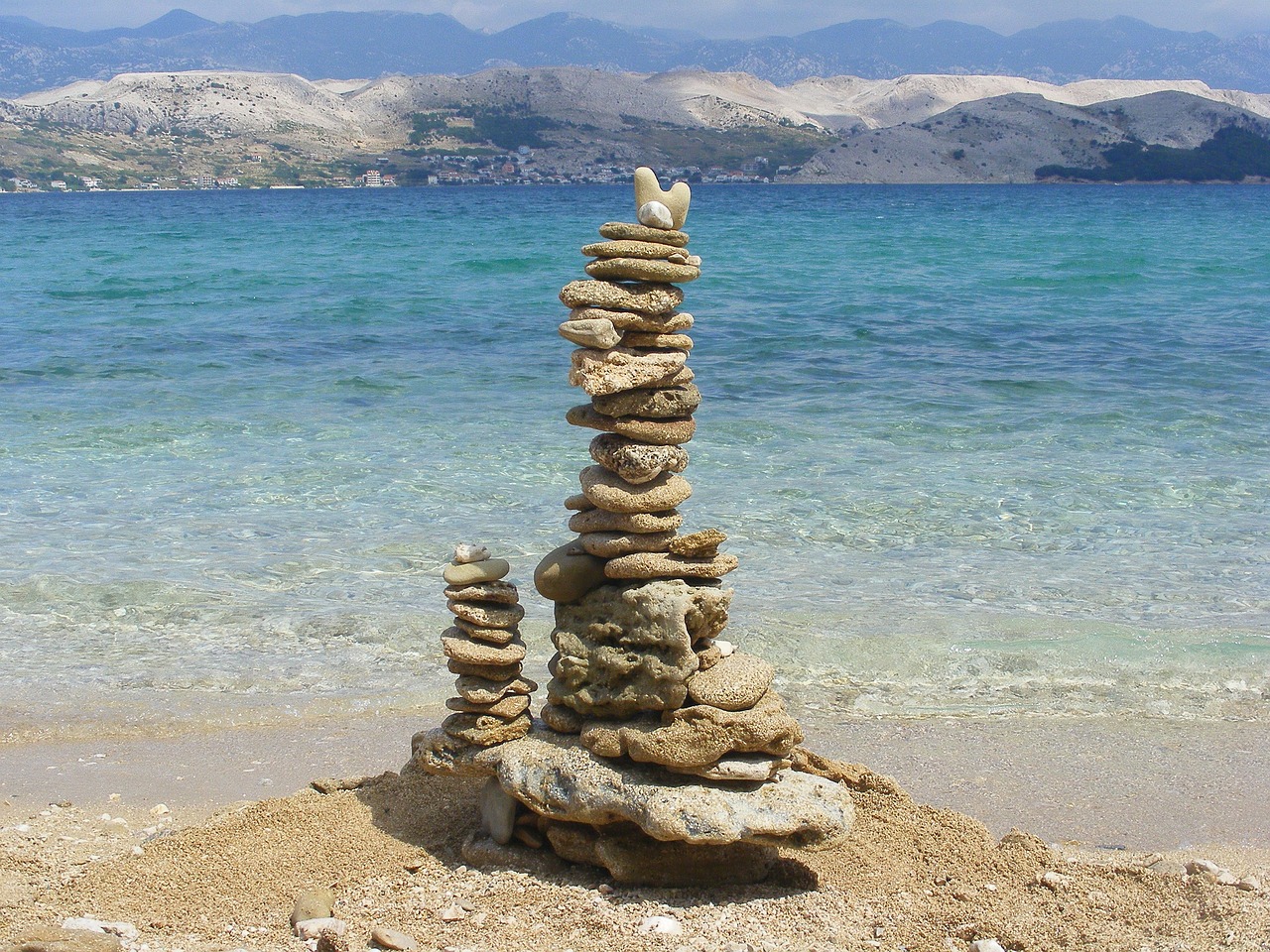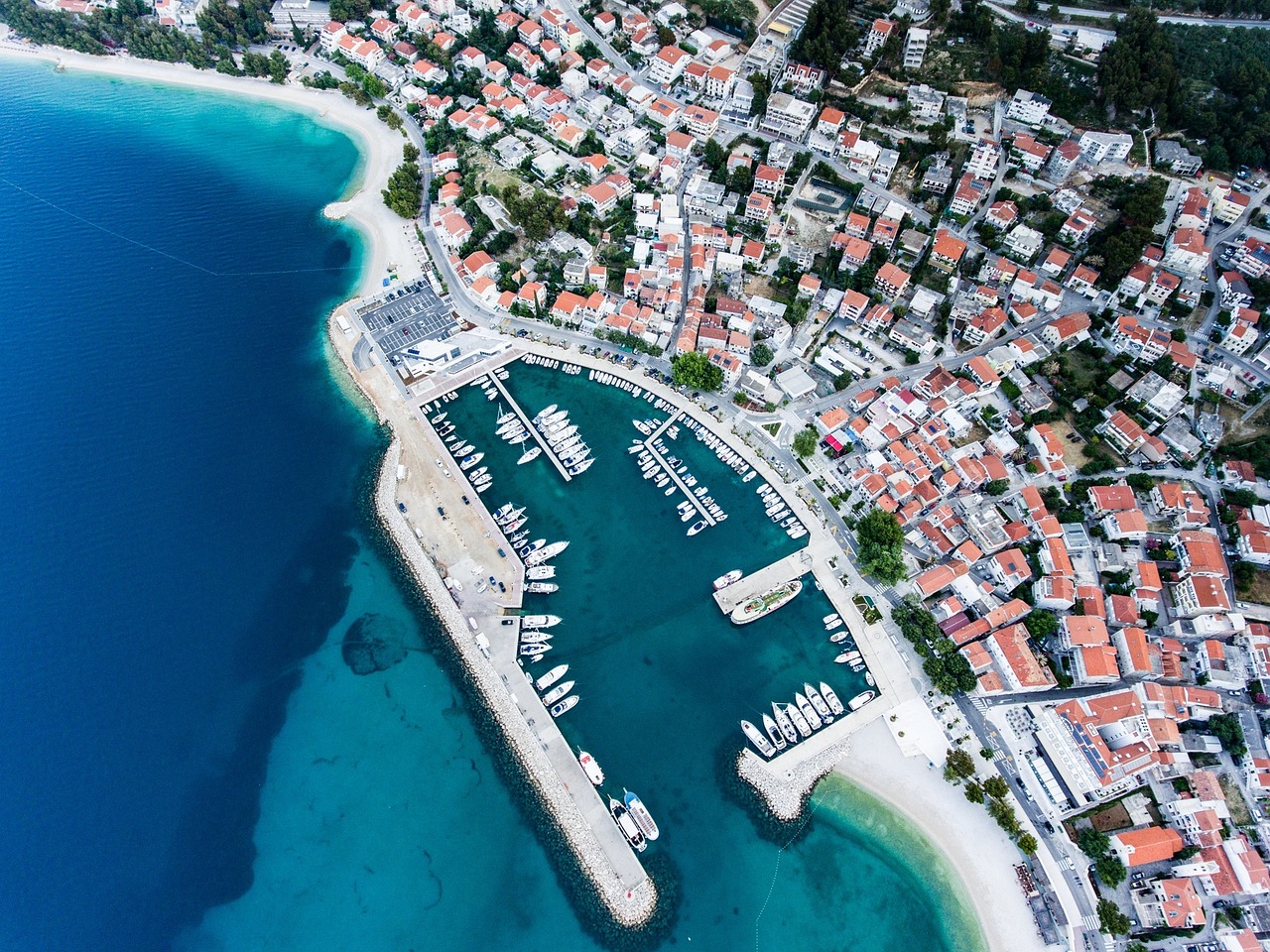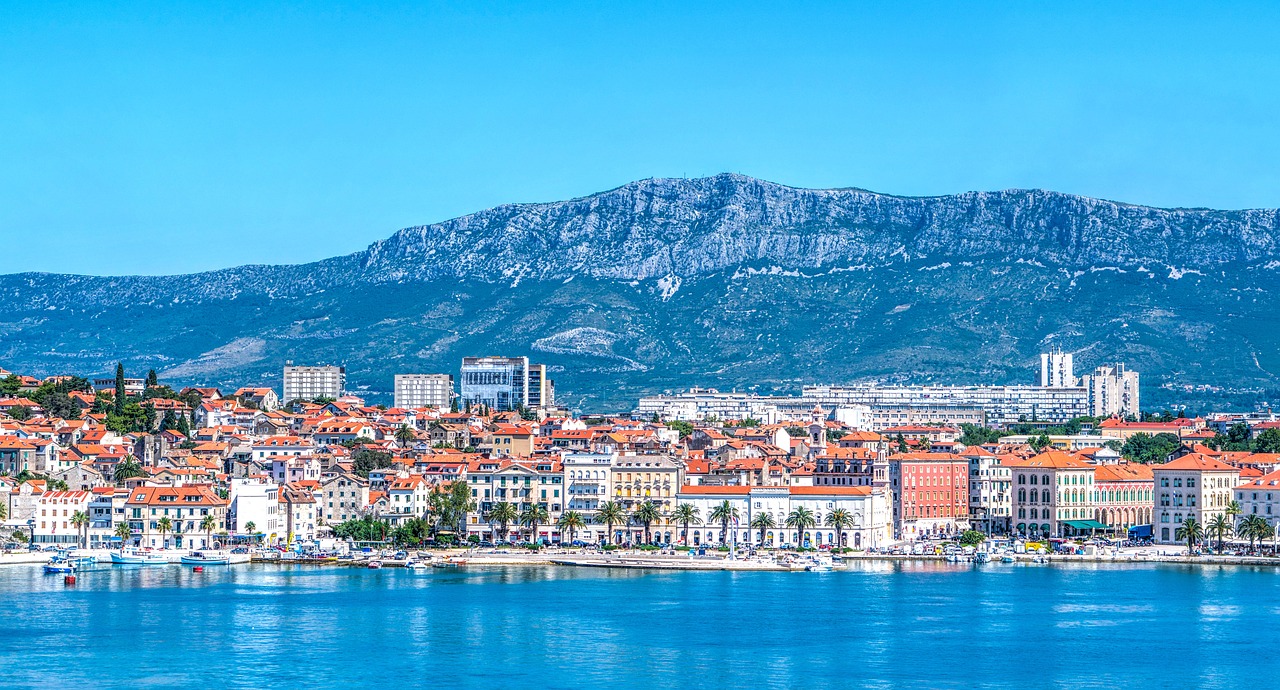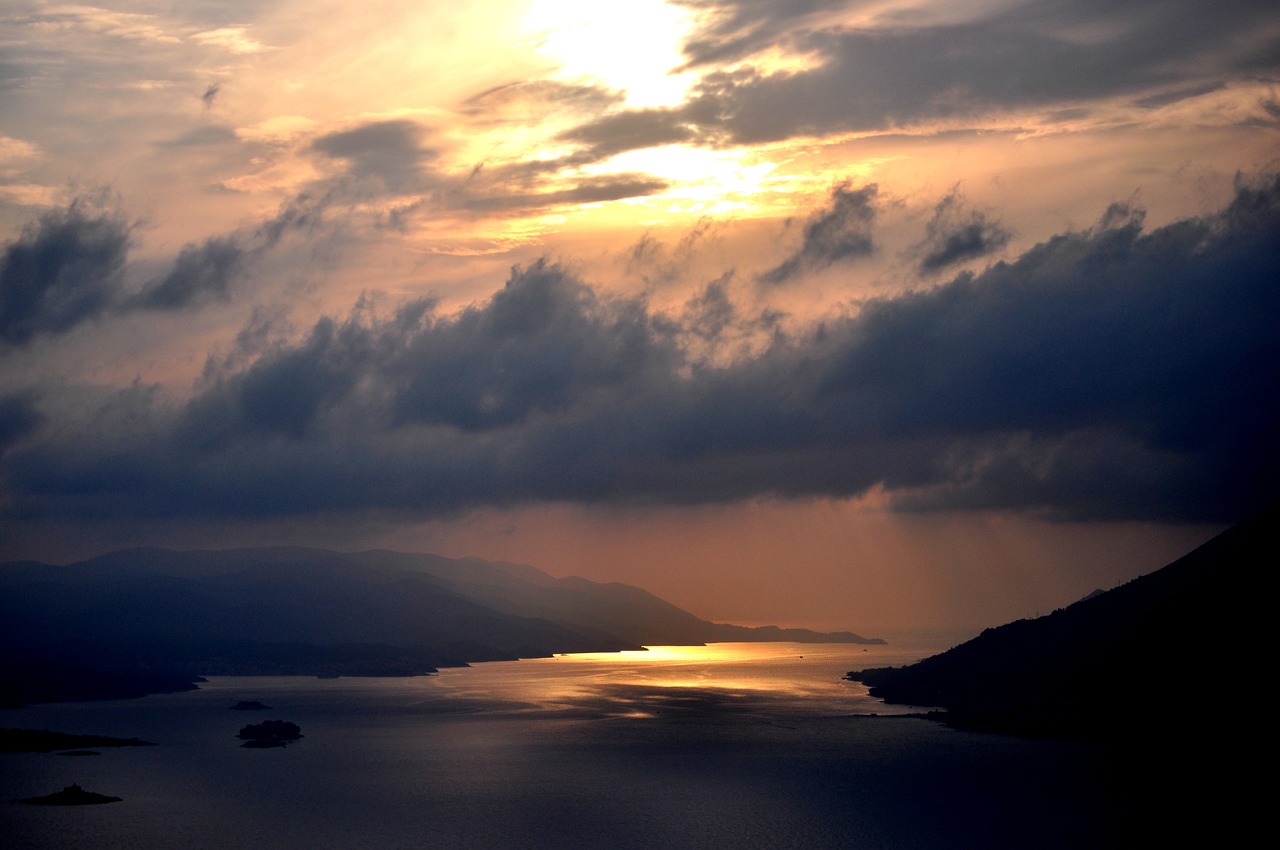Visa and Stay Regulations for Digital Nomads in Croatia
Croatia, with its stunning landscapes, rich cultural heritage, and affordable cost of living, has become an attractive destination for digital nomads. If you’re considering living and working remotely in Croatia, it’s essential to understand the visa and stay regulations. This article will provide you with detailed information on how to navigate the legal requirements for digital nomads in Croatia.
Residence Permit for Digital Nomads
To legally stay and work as a digital nomad in Croatia, you’ll need to obtain a residence permit. The relevant permit for digital nomads is the Temporary Stay Permit for Digital Nomads (TSPDN). This permit allows you to reside in Croatia for up to one year.
- Eligibility: To be eligible for the TSPDN, you must provide proof of income from remote work or freelancing. The income should be sufficient to support your stay in Croatia.
- Application Process: The application for the TSPDN can be submitted at the Croatian embassy or consulate in your home country or at the local police station in Croatia. You’ll need to provide documentation such as a valid passport, proof of accommodation, health insurance, and proof of income.
- Processing Time: The processing time for the TSPDN can vary, but it generally takes around 30 days. It’s advisable to apply well in advance of your intended stay in Croatia.
- Renewal: The TSPDN can be renewed for up to two additional one-year periods, allowing you to stay in Croatia for a maximum of three years as a digital nomad.
Health Insurance Requirements
Health insurance is a crucial aspect of your stay as a digital nomad in Croatia. It’s mandatory to have health insurance coverage that is valid in Croatia and provides comprehensive medical coverage.
- Minimum Coverage: The health insurance policy should cover emergency medical expenses, hospitalization, and repatriation. The minimum coverage amount required is 30,000 euros.
- Verification: When applying for the TSPDN, you’ll need to provide proof of health insurance coverage that meets the requirements. Ensure that your insurance provider explicitly states coverage for Croatia.
- Insurance Options: You can choose between international health insurance plans or obtain a local health insurance policy in Croatia. Research and compare different insurance providers to find the best option for your needs.
Accommodation Options
Finding suitable accommodation is an essential part of your stay in Croatia as a digital nomad. Fortunately, Croatia offers a range of accommodation options to suit different preferences and budgets.
- Apartments: Renting an apartment is a popular choice among digital nomads. You can find apartments for short-term or long-term stays, depending on your needs. Websites like Airbnb and Booking.com are great resources for finding apartments in Croatia.
- Co-living Spaces: Co-living spaces are gaining popularity in Croatia. These spaces provide a community-oriented living environment, allowing you to connect with like-minded individuals. Some popular co-living spaces in Croatia include Sun and Co., Saltwater Nomads, and Impact Hub Zagreb.
- Hostels and Guesthouses: If you prefer a more social atmosphere, hostels and guesthouses are affordable options. They offer shared accommodation and communal areas where you can meet fellow travelers and digital nomads.
Transportation and Getting Around
Croatia has a well-developed transportation system, making it easy to explore the country and travel between cities.
- Public Transportation: Major cities in Croatia have efficient public transportation networks, including buses, trams, and ferries. Zagreb, Split, and Dubrovnik have reliable public transportation systems.
- Taxi Services and Rideshares: Taxis are widely available in Croatia, and rideshare services like Uber operate in cities such as Zagreb, Split, and Dubrovnik. It’s advisable to use licensed taxi services or reputable rideshare platforms.
- Car Rental: If you prefer the flexibility of having your own vehicle, car rental services are available in Croatia. You’ll need a valid driver’s license and a credit card to rent a car.
Croatia Image 1:

Exploring Croatia’s Natural Beauty
Croatia is renowned for its breathtaking natural beauty, from pristine beaches to stunning national parks. Here are some must-visit natural attractions in Croatia:
- Plitvice Lakes National Park: Located in central Croatia, Plitvice Lakes National Park is a UNESCO World Heritage Site. It features a series of cascading lakes and waterfalls, offering picturesque hiking trails.
- Kornati Islands National Park: Situated in the Adriatic Sea, the Kornati Islands National Park is an archipelago known for its rugged landscapes and crystal-clear waters. It’s a paradise for boating, snorkeling, and diving enthusiasts.
- Krka National Park: Krka National Park is famous for its stunning waterfalls and emerald-green river. Visitors can swim in designated areas and explore the park’s picturesque walking trails.
Working Spaces and Digital Nomad Communities
Croatia offers a vibrant community of digital nomads, with various co-working spaces and networking opportunities.
- Impact Hub Zagreb: Impact Hub Zagreb is a popular co-working space located in the heart of Zagreb. It provides a collaborative environment for freelancers and entrepreneurs.
- COIN Zadar: Located in Zadar, COIN Zadar offers co-working spaces, workshops, and networking events for digital nomads. It’s a hub for creativity and innovation.
- Remote Year Croatia: Remote Year offers a unique program that allows digital nomads to live and work in different cities around the world. Croatia is one of the destinations included in their itinerary.
Croatia Image 2:

Cost of Living in Croatia
Croatia offers a relatively affordable cost of living compared to many other European countries. However, prices can vary depending on the city and region.
- Accommodation: Rent for a one-bedroom apartment in the city center can range from 400 to 700 euros per month. Prices are generally lower in smaller towns and rural areas.
- Food and Dining: Eating out in Croatia is reasonably priced, with an average meal in a local restaurant costing around 10-15 euros. Grocery shopping is affordable, and you can find fresh local produce at local markets.
- Transportation: Public transportation costs are relatively low, with a one-way ticket for local transport costing around 1.5 euros. Gasoline prices are comparable to other European countries.
Legal and Tax Considerations
When working as a digital nomad in Croatia, it’s important to be aware of the legal and tax obligations.
- Business Registration: If you’re operating as a freelancer or running a business in Croatia, you may need to register your business with the relevant authorities. Consult with a local lawyer or accountant to ensure compliance.
- Taxation: Tax requirements can vary depending on your country of residence and the length of your stay in Croatia. It’s advisable to seek professional advice to understand your tax obligations.
Croatia Image 3:

Conclusion
Croatia offers an enticing environment for digital nomads, with its beautiful landscapes, vibrant cities, and welcoming communities. By understanding the visa and stay regulations, healthcare requirements, accommodation options, and other essential aspects, you can make the most of your digital nomad journey in Croatia.
References
– Ministry of Foreign and European Affairs Croatia: mvep.hr
– Croatia Tourism: croatia.hr
– Plitvice Lakes National Park: np-plitvicka-jezera.hr
– Kornati Islands National Park: kornati.hr
– Krka National Park: npkrka.hr
– Impact Hub Zagreb: zagreb.impacthub.net
– COIN Zadar: coinzadar.com
– Remote Year Croatia: remoteyear.com
– Numbeo: numbeo.com

